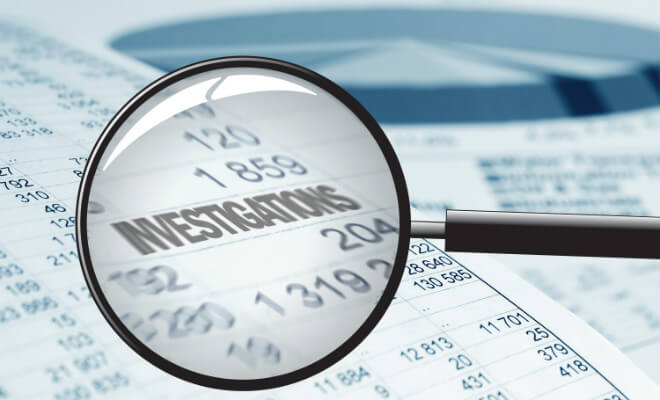In the labyrinth of financial transactions, there are professionals who are adept at navigating the complex maze, illuminating the dark corners, and revealing the hidden truths. They are the forensic accountants. This article will delve into the intricacies of how forensic accountants operate, their role in detecting and preventing financial fraud, and the skills they employ to ensure financial transparency and integrity.
Forensic accountants are the detectives of the financial world. They use their accounting, auditing, and investigative skills to examine financial statements and transactions, looking for irregularities that may indicate fraud. They are often called upon in legal proceedings to provide expert testimony, and their findings can be crucial in resolving disputes and prosecuting fraudsters.
The work of a forensic accountant begins with a thorough understanding of the business or individual being investigated. They review financial records, interview personnel, and analyze patterns of transactions. They look for red flags such as sudden changes in financial performance, discrepancies between actual and reported results, and transactions that seem out of place given the nature of the business.
Forensic accountants use a variety of tools and techniques in their investigations. They may use data analytics to identify patterns and anomalies in large volumes of data. They may also use digital forensics to recover and analyze electronic data, such as emails and transaction records, that may provide evidence of fraud.
One of the key skills of a forensic accountant is the ability to communicate complex financial information in a clear and understandable way. They must be able to explain their findings to non-financial professionals, such as lawyers and judges, and to present their evidence in a compelling and persuasive manner.
Forensic accountants play a crucial role in maintaining financial integrity and preventing fraud. They help businesses identify and address vulnerabilities in their financial systems, and they assist law enforcement agencies in investigating and prosecuting financial crimes. Their work contributes to a culture of accountability and transparency, which is essential for the health of our economy and society.
In conclusion, the work of forensic accountants is a blend of accounting expertise, investigative skills, and legal knowledge. They are the guardians of financial integrity, using their skills to detect and prevent fraud, and to ensure that those who engage in fraudulent activities are held accountable. As our financial systems become increasingly complex and digital, the role of forensic accountants will only become more important.
About Author
You may also like
-
Benefits of Taking Butea Superba Extract Supplements
-
Smart Park Planning for Integrated Intelligent System Development
-
Российское зарубежное складирование
-
Shoebill Technology' s Six Core Principles of Smart Factory Planning Layout
-
Footwear Inspection: Ensuring Quality and Safety for Men's, Women's, and Children's Shoes

